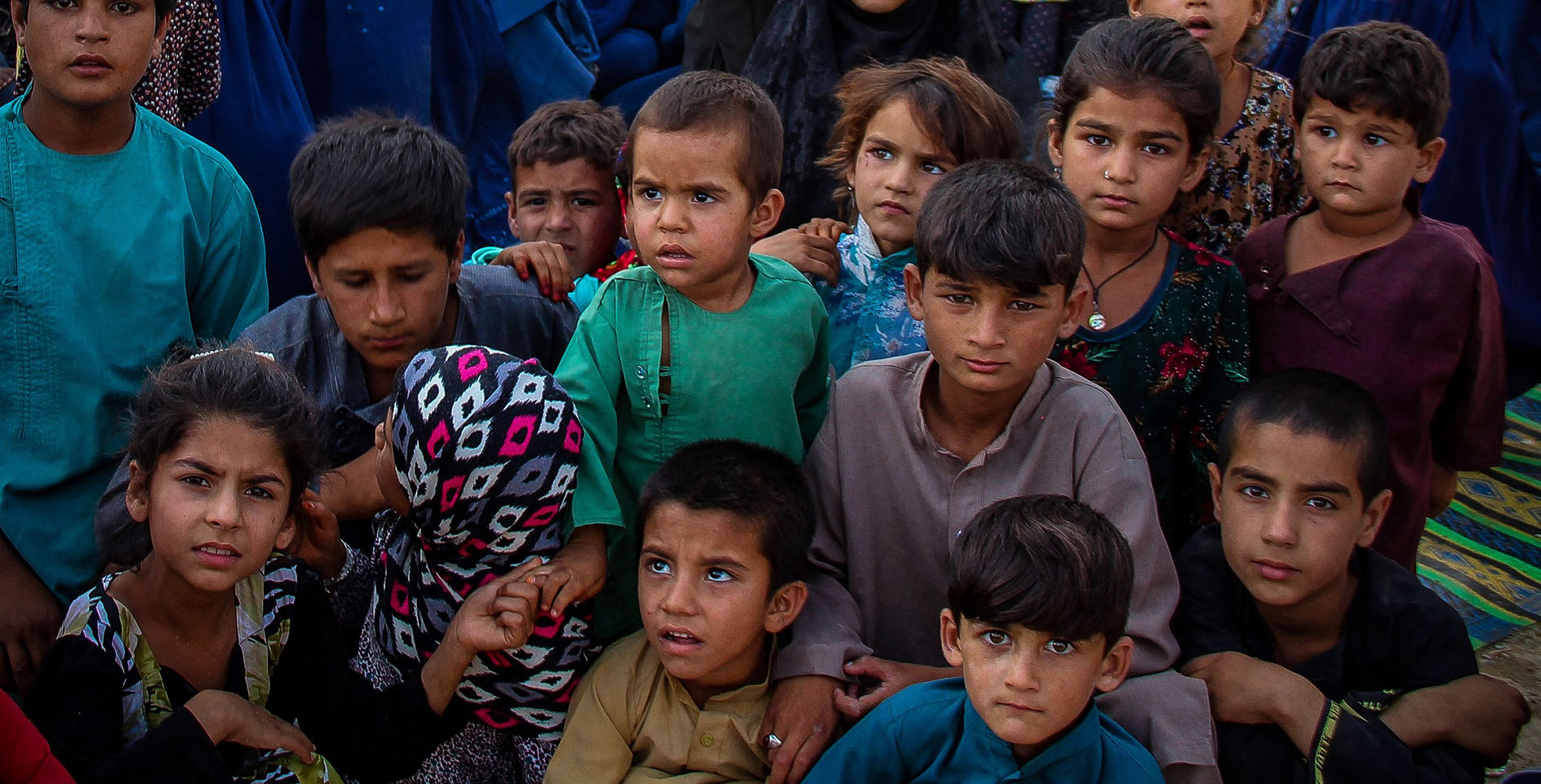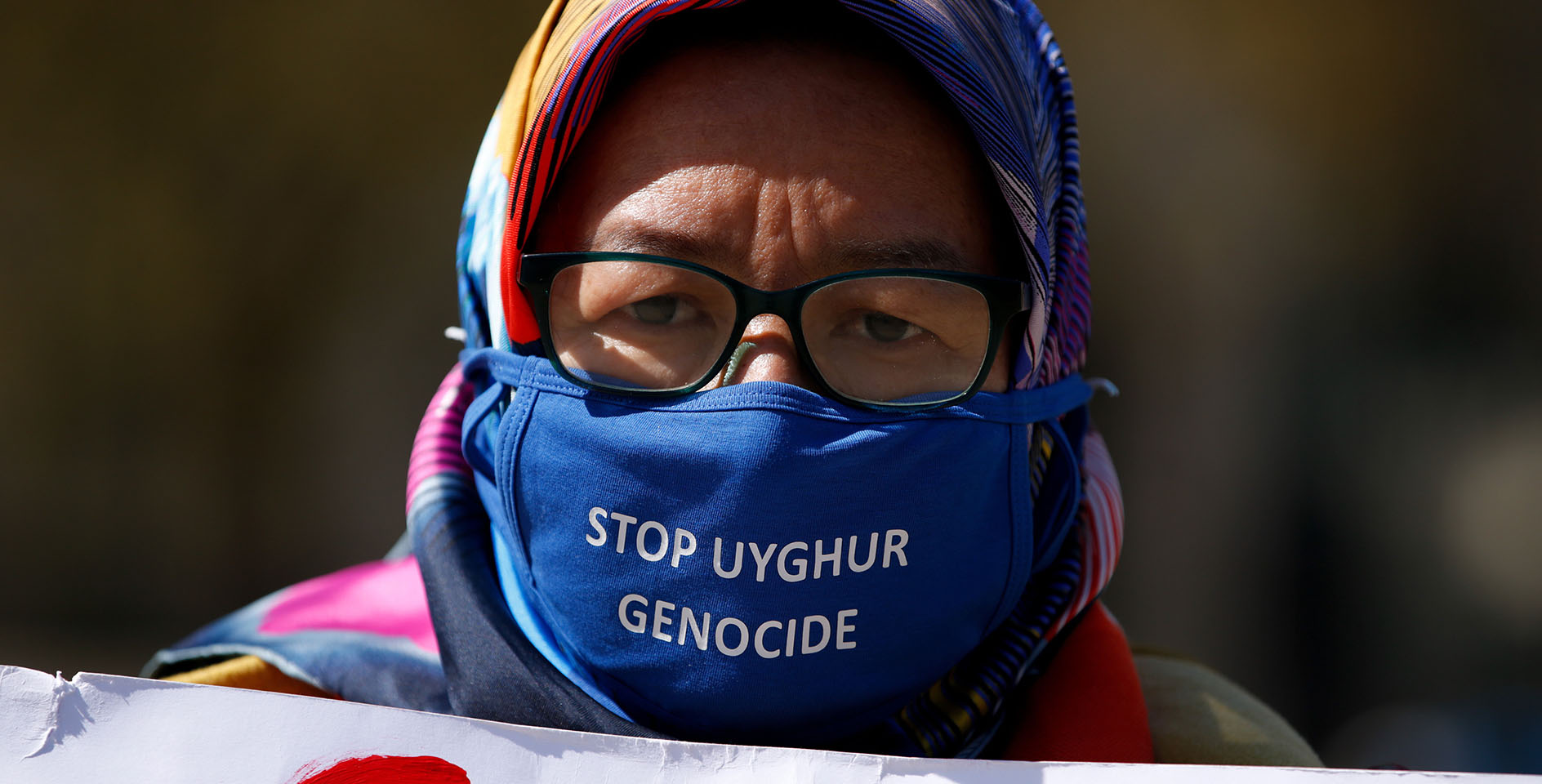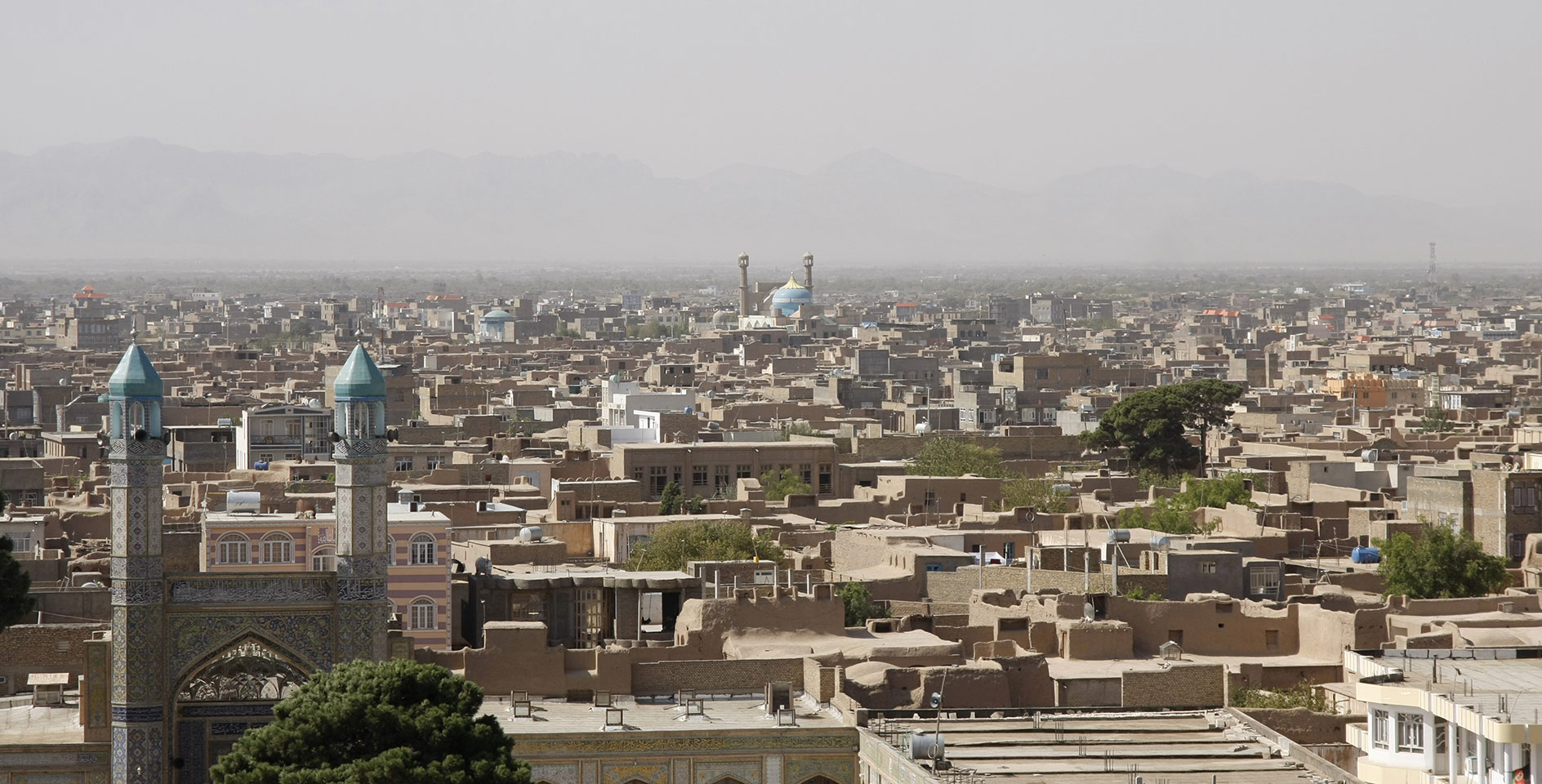On Sunday, the Taliban entered Kabul, the capital city of Afghanistan and quickly took control of the city. According to the Wall Street Journal, “Hundreds of Afghan civilians were seen close to the runway and around parked planes Monday, with some hanging from boarding ramps as they scrambled to get into aircraft, hindering evacuation efforts.” Events in Kabul are changing by the hour, but one thing should be certain: The United States should swiftly offer refuge for those fleeing persecution.
Southern Baptists have a long history of “ministering care, compassion, and the Gospel to refugees who come to the United States,” and encouraging our churches and families “to welcome and adopt refugees into their churches and homes as a means to demonstrate to the nations that our God longs for every tribe, tongue, and nation to be welcomed at His throne (Revelation 5:9; Revelation 7:9–12; Psalms 68:5; James 1:27; Leviticus 25:35; Leviticus 19: 33–34).”
The ERLC advocates for the dignity of the sojourner in accordance with Scripture’s expectation on God’s people to minister to the vulnerable. God’s love for the immigrant, refugee, and foreigner is a specific and consistent biblical theme, and he calls his people to do the same. Christ, the greatest example of love, commands us to love our neighbor as we love ourselves.
The U.S. Refugee Resettlement Program
The U.S. has a long history of welcoming refugees fleeing persecution. The annual number of refugees is determined not by statute but by the president, in consultation with Congress. Under the Trump administration in 2020, refugee resettlement hit a record low of 15,000.
During the 2020 campaign, President Biden promised to “set the annual global refugee admissions cap to 125,000, and seek to raise it over time.” However, in April, he issued a memo instructing the Department of State to keep the refugee admissions at 15,000. Evangelical leaders urged the Biden administration to immediately reset the refugee ceiling as promised In May, President Biden officially raised the refugee ceiling to 62,500.
What is Priority 2 refugee status?
The U.S. government defines the term refugee as “any person who is outside any country of such person’s nationality or, in the case of a person having no nationality, is outside any country in which such person last habitually resided, and who is unable or unwilling to return to, and is unable or unwilling to avail himself or herself of the protection of, that country because of persecution or a well-founded fear of persecution on account of race, religion, nationality, membership in a particular social group, or political opinion.”
Priority 2 (P-2) refugee status is granted to “groups of special humanitarian concern identified by the U.S. refugee program.”
Why should P-2 status be offered for Afghans?
On August 2, the Department of State announced a Priority 2 (P-2) designation “granting U.S. Refugee Admissions Program (USRAP) access for certain Afghan nationals and their eligible family members.” While this action is commendable, it does not explicitly call for P-2 designation for Christians and other religious minorities. Non-Muslims will face almost certain persecution under the Taliban.
In an Evangelical Immigration Table letter to President Biden, the table organizers made the case for the protection of other vulnerable Afghans:
“there are many other Afghans likely to be at risk of persecution under Taliban rule, including Christians and other religious minorities, women and girls who have pursued the opportunity for education, and others associated with the U.S. presence in Afghanistan who may not qualify for Special Immigrant Visas. The United States should do everything reasonably possible to protect these individuals and, should they make the decision that they must flee as refugees, prioritize them for resettlement to the United States. Specifically, we urgently request you increase P-2 processing of Afghan refugees to the United States. The current policy of only allowing those who are in a third country to qualify for P-2 status is untenable and does not honor their commitment and sacrifice.”
By offering Priority 2 refugee status to Afghans fleeing persecution, our nation can demonstrate that this country is a safe haven for the persecuted and those whose human rights have been abused and whose religious freedom has been violated.
How has the ERLC advocated for refugees?
The ERLC has advocated for a robust refugee resettlement program by making the case that the program has long enjoyed both broad bipartisan support in Congress and in the communities these men and women have enriched, including many Southern Baptist churches. We have urged both the Biden and the Trump administrations to maintain a strong program for those fleeing persecution around the globe.
Additionally, the ERLC has supported and advocated for the Hong Kong Safe Harbor Act, which designates Hong Kong residents as Priority 2 refugees and streamlines their admission process to the United States. This bipartisan bill opens up an asylum path for frontline activists in immediate danger. Additionally, the bill instructs the secretary of state to coordinate the intake of Hong Kongers as refugees with other like-minded countries. Passage of this bill would send a clear message to Beijing that the United States does not support the CCP’s attempt to silence its dissenters by denying them fundamental human rights.
The ERLC has also supported and advocated for the Uyghur Human Rights Protection Act. This bipartisan bill designates Priority 2 refugee status for ethnic Uyghurs and others who are suffering from arbitrary arrest, mass detention, and political and religious persecution by the Chinese government.
How can you get involved?
Pray. Ask the Lord to protect Christians in Afghanistan and help them remain courageous. Pray for vulnerable people trying to flee persecution. Ask God to grant them swift escape and guide them to a refuge and safe haven.
Volunteer. Find opportunities in your local community to assist refugees as they are being resettled. World Relief has partnership opportunities throughout the country and provides plenty of opportunities to get involved.
Advocate. Call your local congressperson and senators and ask them to urge the Biden administration to prioritize providing a safe haven for those fleeing persecution in Afghanistan.










